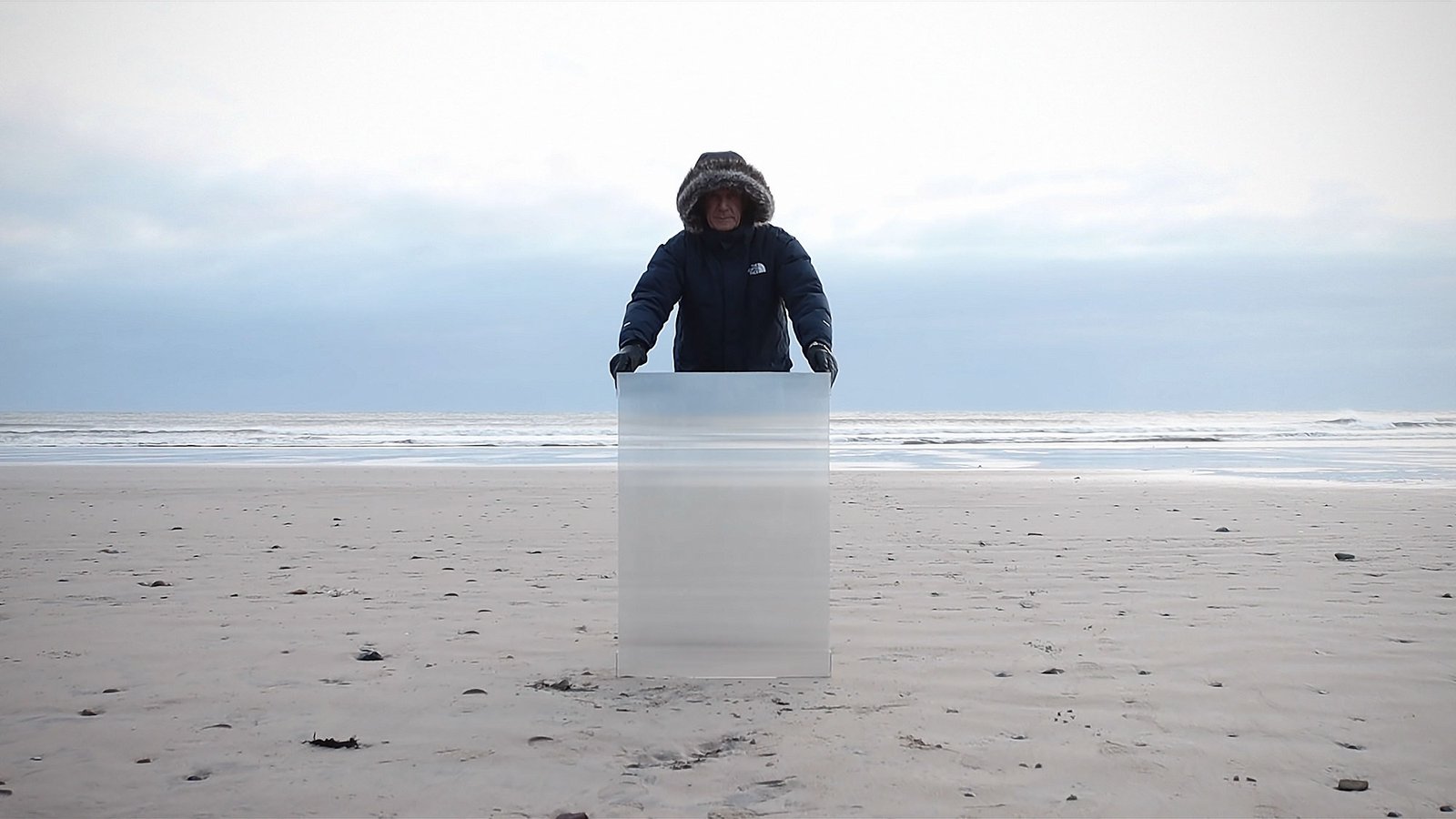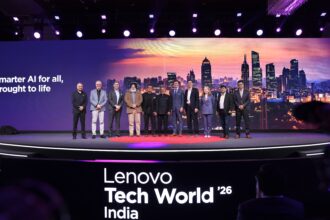Invisibility, once a fantasy relegated to the realms of novels and films, is inching closer to reality with the advent of real-world invisibility shields. A UK-based startup, Invisibility Shield Co., has harnessed optical technologies to create devices that can effectively hide individuals or objects from plain sight.
The Technology Behind the Curtain
The core of these invisibility shields involves a series of precise, miniature lenses arrayed in a specific formation that bends light around the object or person behind the shield. This technology utilizes the principle of lenticular lensing, where the angles, shapes, and alignment of the lenses play a crucial role in the cloaking effect. The shields are designed to be most effective against uniform backgrounds such as foliage, grass, or smooth walls, where they can blur and merge the visible light to render the shield’s contents nearly invisible.
Varieties and Specifications
The invisibility shields come in various sizes to cater to different needs:
- Mini Shield: Measuring 12 inches by 8 inches, it’s suitable for hiding small items.
- Full-Size Shield: Standing at approximately 3 feet 3 inches tall and 2 feet 3 inches wide, this version is geared towards larger objects or individuals.
- Mega Shield: At 6 feet by 4 feet, this is the largest option, designed for extensive coverage.
The shields are lightweight, portable, and made from durable, recyclable materials, ensuring they are environmentally friendly and easy to transport. No batteries or electronic components are involved, making the shields maintenance-free and ready for immediate use after a simple setup.
Practical Uses and Availability
Initially viewed as novelty items, these invisibility shields have potential applications in various fields such as wildlife photography, private investigations, and personal privacy. They could also be used in recreational activities like camping to minimize visual impact on natural surroundings.
Currently available for pre-order on Kickstarter, these shields have attracted considerable interest, with thousands of backers supporting the project. Early bird pricing offers an affordable entry into this cutting-edge technology, with prices starting at around $69 for the Mini version.























